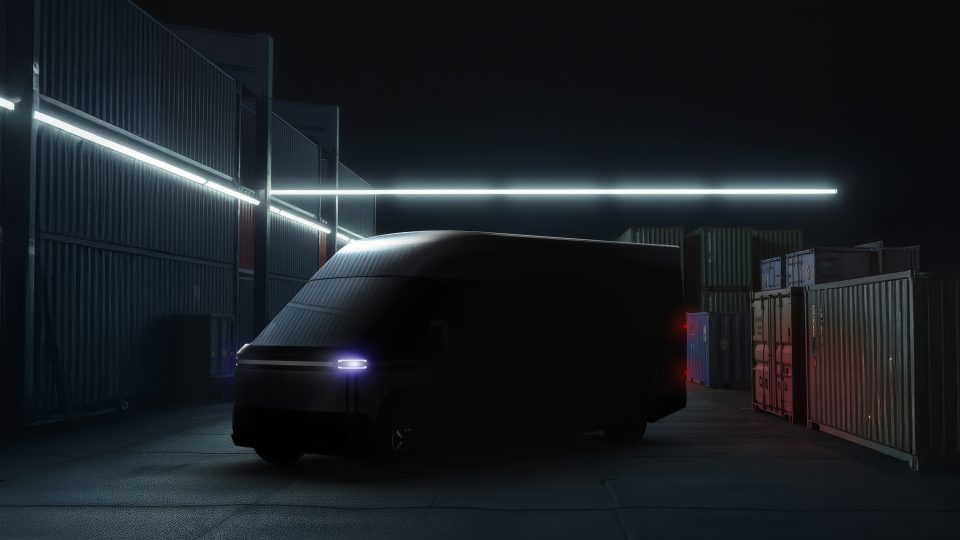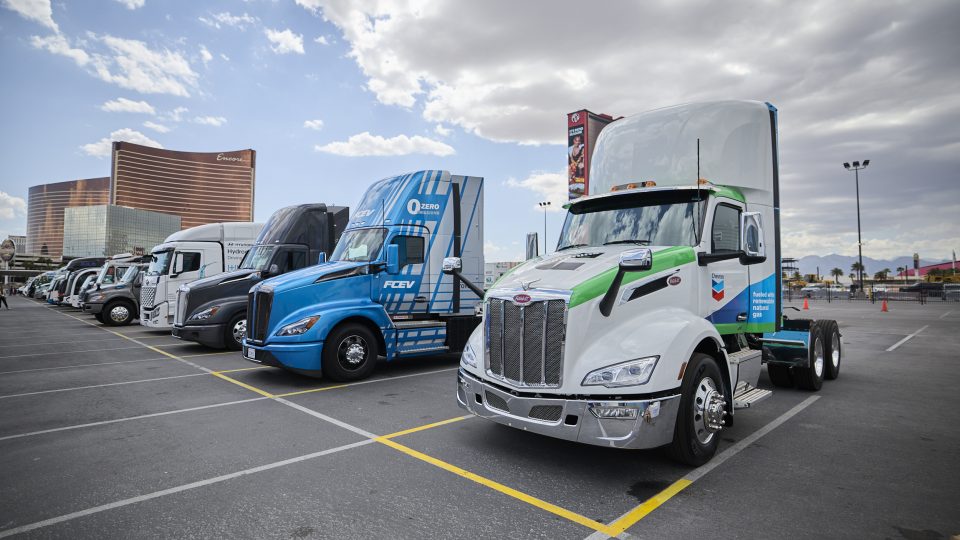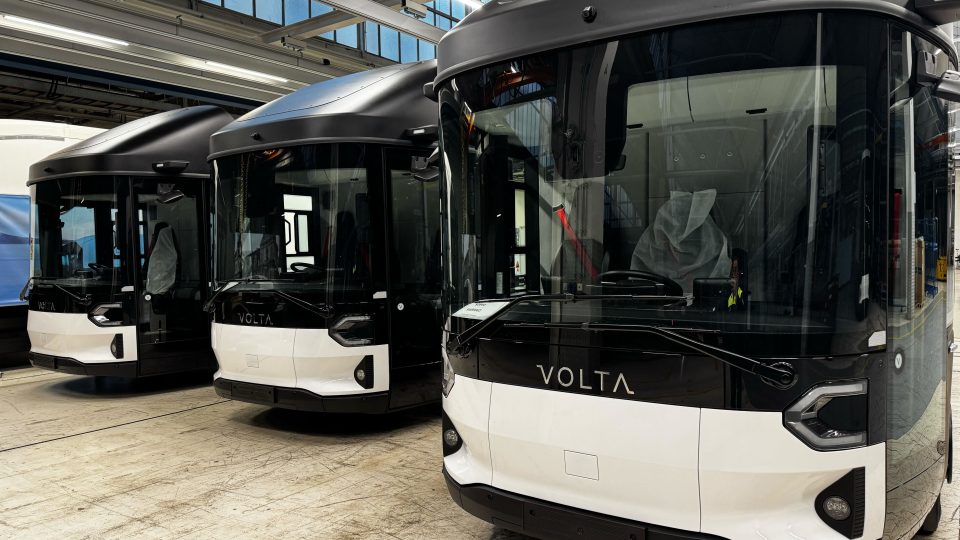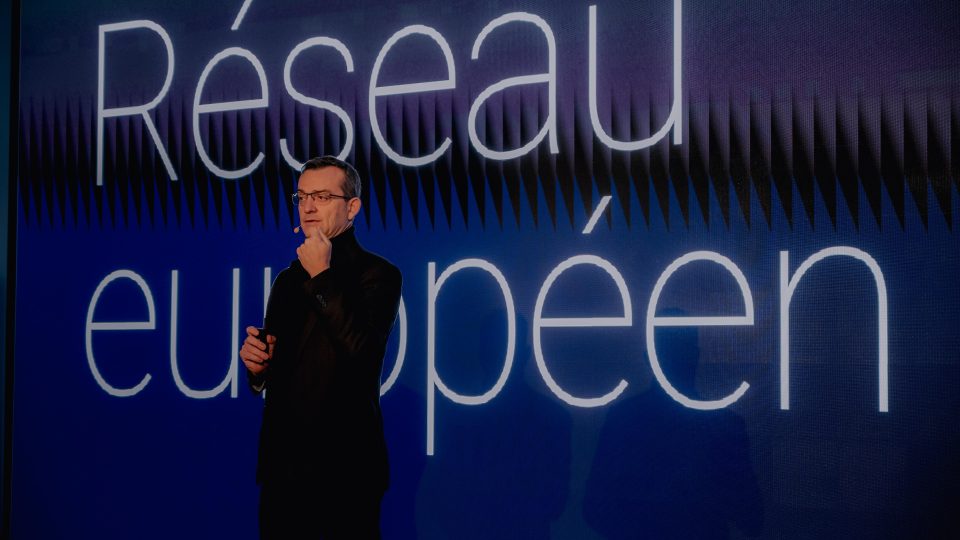From fuel cells to vehicle manufacturing. An interview with Craig Knight, Hyzon Motors’ CEO
«We created Hyzon as a spinoff of Horizon Fuel Cell Technologies, which is active since 17 years in fuel cell technology. We have manufactured over 1 million fuel cell systems, mostly very small air-cooled fuel cells. But in the last 6-7 years our R&D has been focused on higher power, automotive applications, because we saw a huge interest in this technology», said Craig Knight.
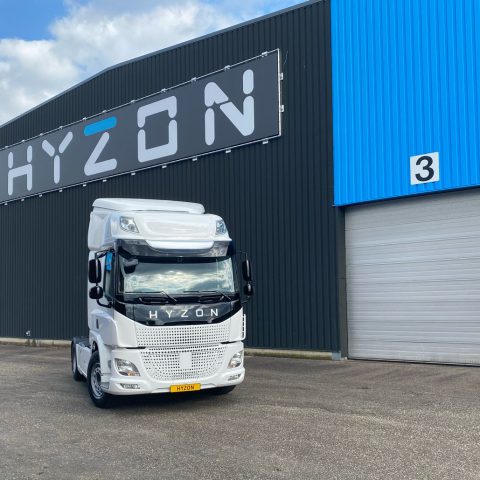
Hyzon Motors is a lively player indeed when it comes to decarbonization. Our sister platform Sustainable Bus interviewed Craig Knight, Hyzon Motors’ CEO not long ago. Here’s a valuable excerpt of the interview about the company’s history and future strategies.
As a recap, Hyzon Motors follows the experience developed from Horizon Fuel Cell Technologies and was launched officially in mid-March 2020. Based in New York State, Hyzon said that series production of its vehicles (trucks and buses) has just begun.
Craig Knight: Hyzon Motors focused on high power applications
Craig Knight, Hyzon Motors’ CEO, may you give us a picture of your company?
We created Hyzon as a spinoff of Horizon Fuel Cell Technologies, which is active since 17 years in fuel cell technology. We have manufactured over 1 million fuel cell systems, mostly very small air-cooled fuel cells. But in the last 6-7 years our R&D has been focused on higher power, automotive applications, because we saw a huge interest in this technology. We haven’t participated a lot in the car sector, but we are active in the other mobility segments. In the last two years, we saw a breakthrough in the Chinese market in particular. It is today the leading market for EVs, half a million battery-buses, everybody knows this I believe.
Well, in China the government started to provide subsidies to hydrogen vehicles (both buses and trucks) because they discovered some of the limitations of battery-based drivetrains. And this was an easy way for us, as Horizon, to start scaling up vehicle applications, converting electric vehicles to hydrogen. By the end of 2019, we had fitted fuel cell powertrains to around 400 fuel cell electric commercial vehicles (mostly trucks, up to 42 tons trucks, and some buses).
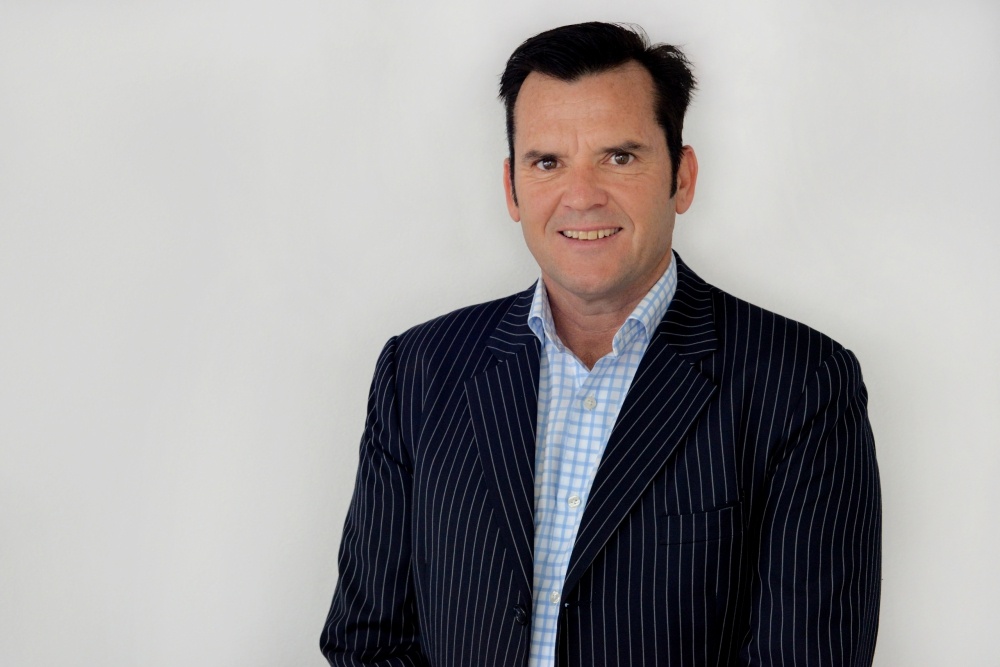
Hyzon Motors in Europe
In Europe Hyzon Motors is established in the Netherlands in a joint-venture with Holthausen Clean Technology. How is the JV organized?
Our activity in the Netherlands is mainly focused on trucks but we are looking also at the opportunity to work with European bus builders in order to take part in hydrogen bus tenders. Today we are less than 50 people employed in Europe. We don’t make chassis and full vehicles, we consider this non-core for us. We are focused on fuel cell powertrains and hydrogen systems, so it’s important for us to put partnerships in place.
We want to be more active in Europe. We will move to a larger facility in 2021 that will enable series production. We plan to become a lot more aggressive in 2021 in terms of participation in tenders (talking about buses, ed) and we will be working on a vehicle range for the European market with our fuel cell technology.
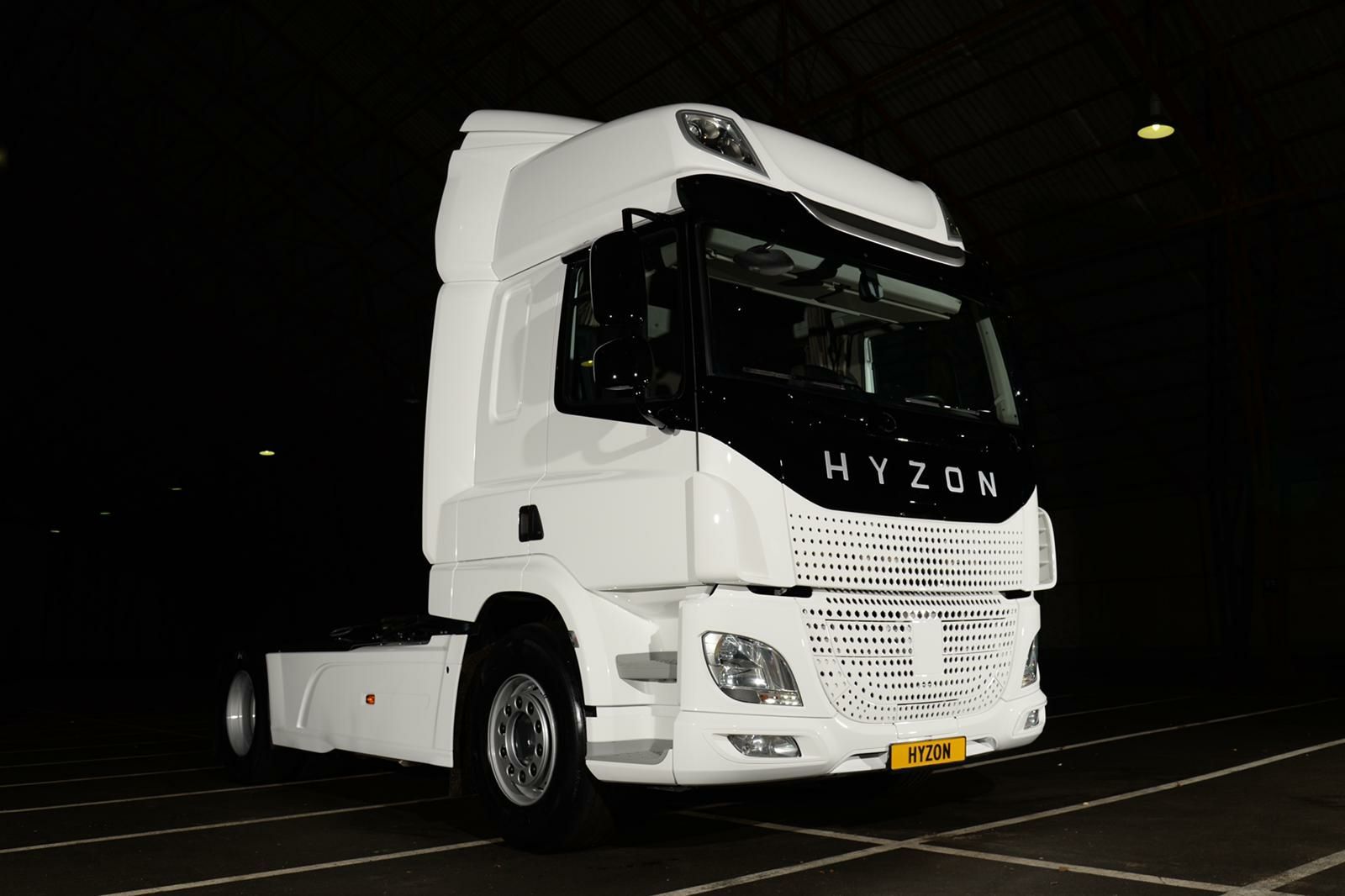
A flexible business model
Are you planning to enter a partnership with a single European OEM or are you looking at becoming provider to more than a manufacturer?
Because we have the core technology in the fuel cell powertrain, our business model can be flexible. We can sometimes be a powertrain vendor for a strategic OEM partner or we can act as a master vehicle integrator, bringing all the pieces of the puzzle together, and this is what we will be able to do under our European joint venture with Holthausen Clean Technology. This will enable us to deliver commercial vehicles under our brand. But as mentioned, we can choose to supply powertrains as well. We are typically going to promote the vehicle solution because there are very few producers that can supply hydrogen buses today».
Yes, why?
There are a few reasons. Mostly it is because no one is in series production today. The next thing is that there are still a lot of customized offerings. The vehicles are produced to meet specific needs, there’s no standardization. Finally, the supply chain we need in the vehicle system is immature. If you are buying hydrogen cylinders, fueling station, all the components… You are not playing with a mature supply-chain yet. We expect the cost elements for the supply chain to decrease significantly. We are starting to see component pricing going down, in some cases, of 20 to 30 per cent compared to what we were seeing a couple of years ago.




